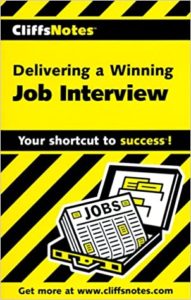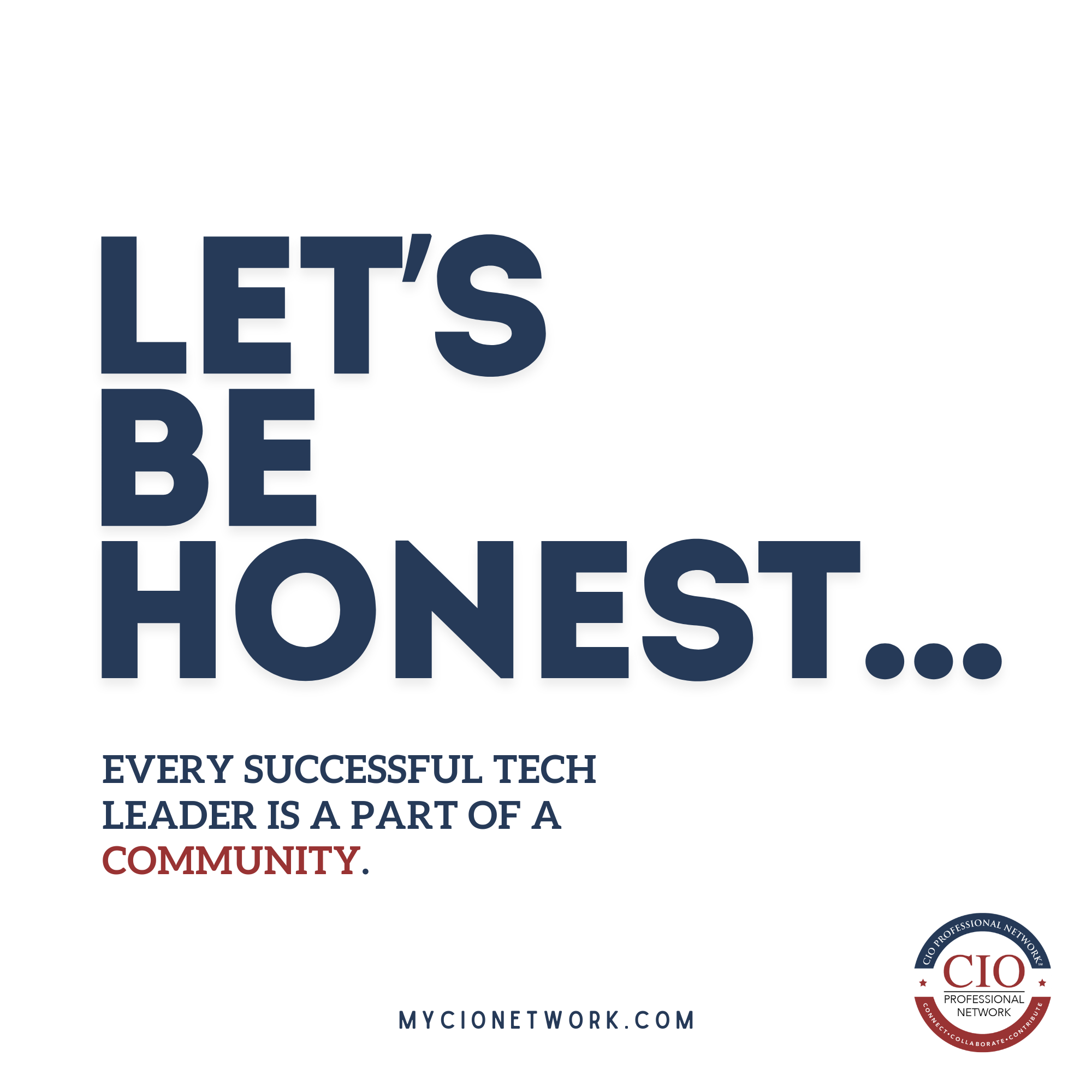In a recent call with my executive coach, we discussed how to get past that dreaded first interview with a junior recruiter. For me that has always been a challenge. My paradigm was that internal junior recruiters assigned to conduct the first interview generally lacked experience interviewing technology executives and it often felt like the interviewer wasn’t fully prepared.
After that last CIO coaching session, I thought about my assumption and I realized that characterizing the junior recruiter as being unprepared might be overly unfair, or simply wrong. Putting myself into their shoes, I came up with another possibility.
It’s more likely that they lack context as to what characteristics are important for a technology executive to possess and they might not have a baseline understanding of what technology executives are all about.
So when the junior recruiter says “tell me about yourself“, they might actually be hoping to figure out on the fly what that baseline is. Hopefully that baseline would lead them to a better understanding of the questions they are about to ask, and more so, a better understanding of the answers they will receive.
I presume that too often the answer candidates give to the junior recruiter’s request to “tell me about yourself” is a regurgitation of their resume, in linear fashion… for company “x” I did project “y” that led to “z” dollar savings. I doubt candidates would respond with… I like tiramisu and long walks on the beach.

Regardless, both responses have a high likelihood of leading to an interview train-wreck, not because of the junior recruiter’s inexperience interviewing technology executives but because of the technology executive’s (me) lack of experience setting the stage for a successful interview.
This is my way of taking responsibility for the success or failure of my future interviews.
With this new mindset and inspiration, I was able to gently take control over the first 5-minutes of an interview this past Monday. When the recruiter said “tell me about yourself” I was ready. I responded with a “CliffsNotes” version of what technology executives should possess by using myself as the poster child.

In many aspects this interview ended up being the absolute best first interview of my career. Will it lead to the second interview? Time will tell. However I do know that the context I gave the junior recruiter (who had been with the company for only 6 weeks), sparked a great conversation that went way past the allotted time. She also said that she would recommend me for a second round interview with the COO/CFO.
Now while I don’t claim to be an expert in the art (or science) of interviewing, I do know that this slight change of perspective will serve me well. So I would encourage you to consider approaching that first interview with a junior recruiter with a different mindset and will leave you will a few final “CliffsNotes” for that engagement.
DON’T
- lead the conversation toward speaking about prior job responsibilities
- ….. project accomplishments
- ….. cost saving initiatives
- ….. performance metrics
DO
- describe what makes a good CTO/CIO by using yourself as the poster child
- describe what is important to you
- describe what you believe in
- describe what has worked for you in the past and how/why it would benefit “company” in the future
- set the stage for a discussion of all of the above Don’t(s)
- give the interviewer “context” they can take back to the recruiting team and make sure you get to the second interview






